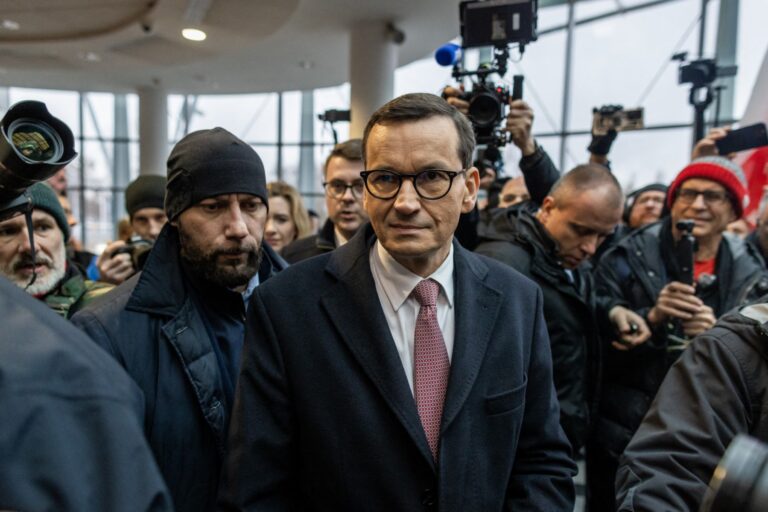Rome has finished drafting what would be Europe’s first comprehensive artificial intelligence regulation at a national level, complementing the EU’s own AI Act. The bill, approved by the government and submitted to the Parliament on Tuesday, April 23rd, introduces heavy punishment for any unlawful use of the novel technology, Il Giornale reported.
The draft legislation would create a “national AI strategy” that ensures that any application of AI technologies respects “the autonomy and decision-making power” of human beings.
On the one hand, the bill puts forward an initial investment of up to €1 billion to promote AI projects and startups that adhere to the regulations. On the other, it plans to enforce heavy sanctions, including hefty fines and even jail time for up to five years on perpetrators of AI-related crimes, such as violating copyright laws, using intelligent tools to assist in money laundering, or creating harmful digital copies of other people, also known as ‘deepfakes.’
“The advent of new technologies … can create problems that in turn constitute gaps in protection [which] must necessarily be filled by criminal law,” Justice Minister Carlo Nordio said at a press conference.
The text of the bill provides that
whoever, in order to cause harm to a person and without their consent, sends, delivers, sells, publishes or otherwise disseminates their image, video or voice, falsified or altered through the use of artificial intelligence systems [to the extent that is] suitable to mislead as to their identity, shall be punished by imprisonment from six months to three years. If unjust damage results from the act, the punishment shall be imprisonment from one to five years.
Italy has been at the forefront of AI regulation since the beginning, also being the first country in Europe to temporarily ban OpenAI’s ChatGPT until certain privacy concerns were addressed. Rome’s efforts do not stop at the national level either. Prime Minister Giorgia Meloni stated earlier that AI regulation remains one of the main priorities of Italy’s G7 presidency that lasts until the end of 2024.
PM Meloni also has some very personal reasons to take up the fight against harmful AI-generated content. She will be testifying in a trial on July 2nd against two Sardinian men who are charged with creating several deepfake pornographic videos using her face and uploading them to an American adult website back in 2020, two years before she became prime minister of Italy.
Meloni is reportedly seeking a ‘symbolic’ sum of €100,000 in compensation, which—according to her lawyer—she pledged to donate to a fund supporting female victims of domestic violence.
Despite the ongoing trial, the videos in question are still available on several websites. In fact, they are ranked higher in Google’s search results than the articles discussing the case when one researches the topic, which further underlines the seriousness of the situation.
The proliferation of modern, powerful image- and video-generating AI tools in the last few years has, of course, made the creation of harmful deepfakes much easier and accessible to the general public, which is also why these instruments and their applications need to be regulated as soon as possible, Rome argues.






